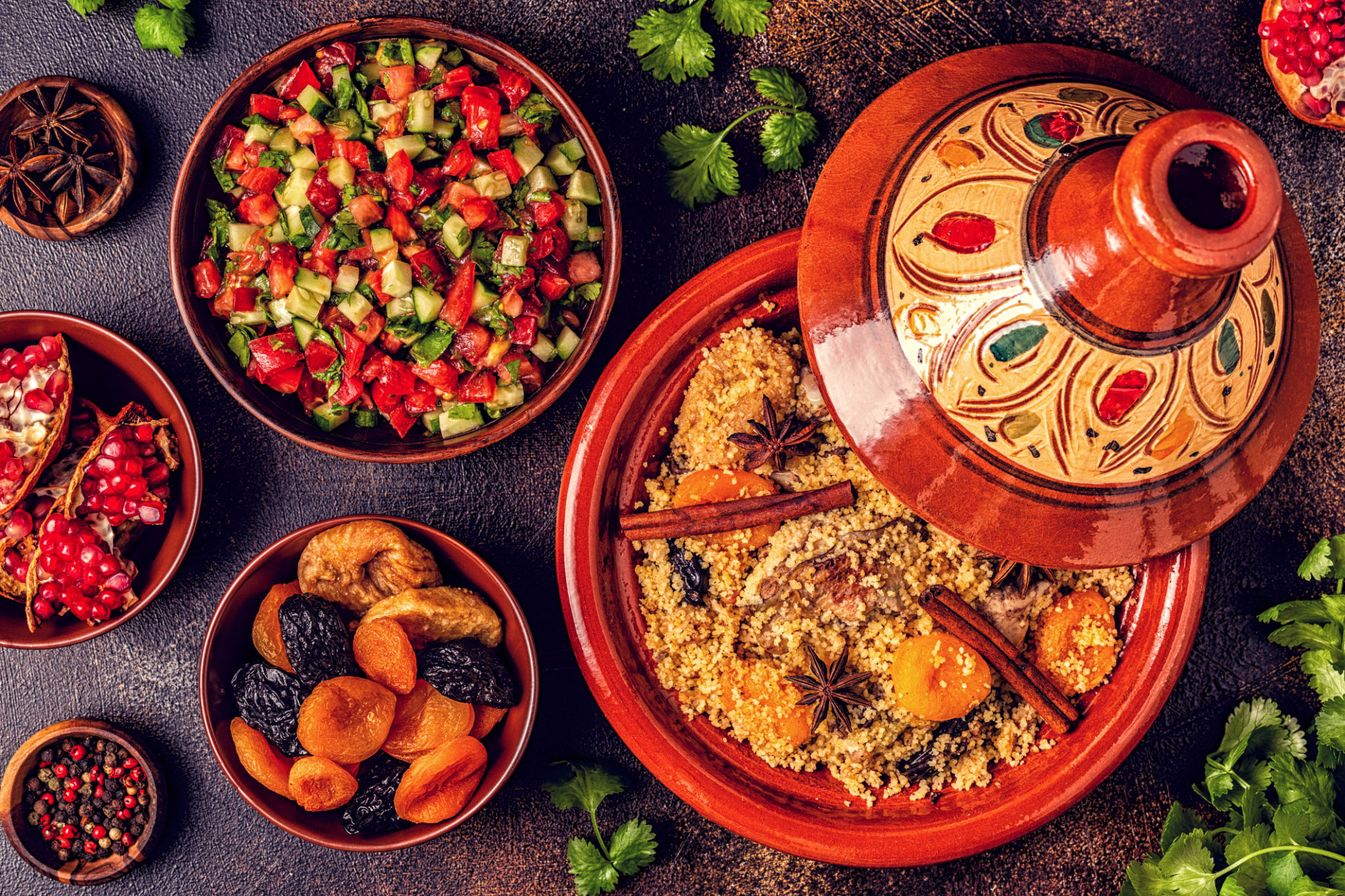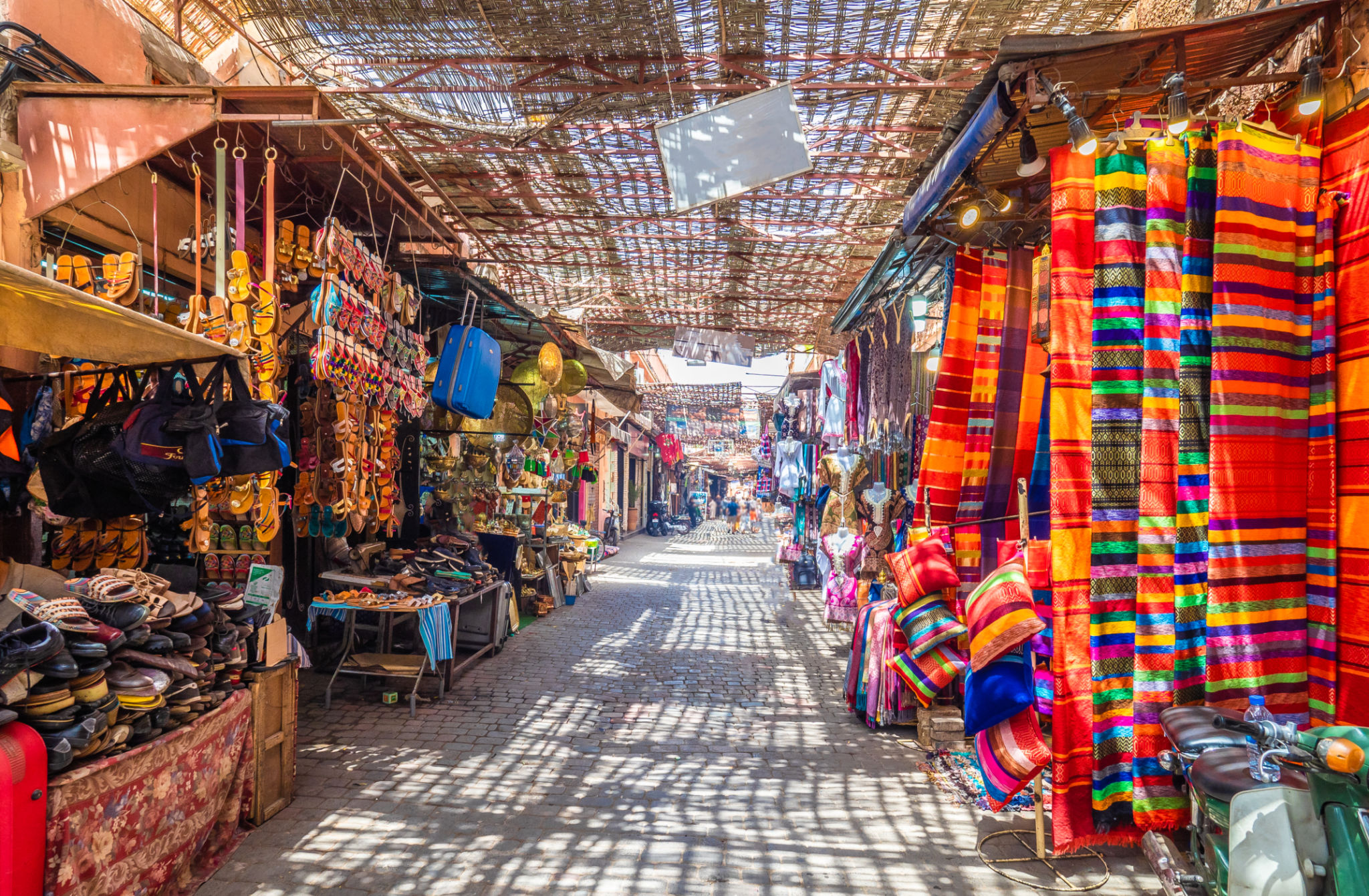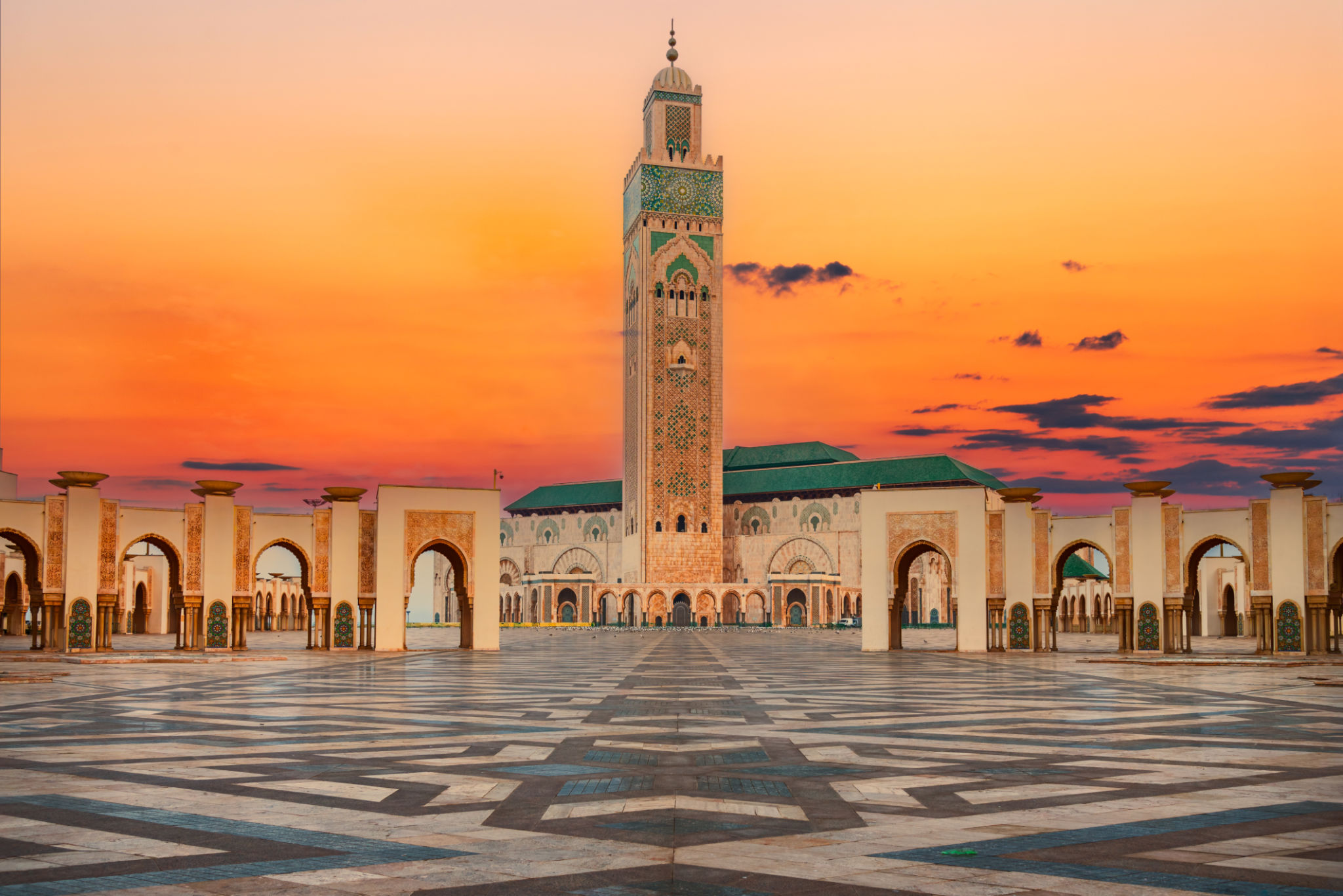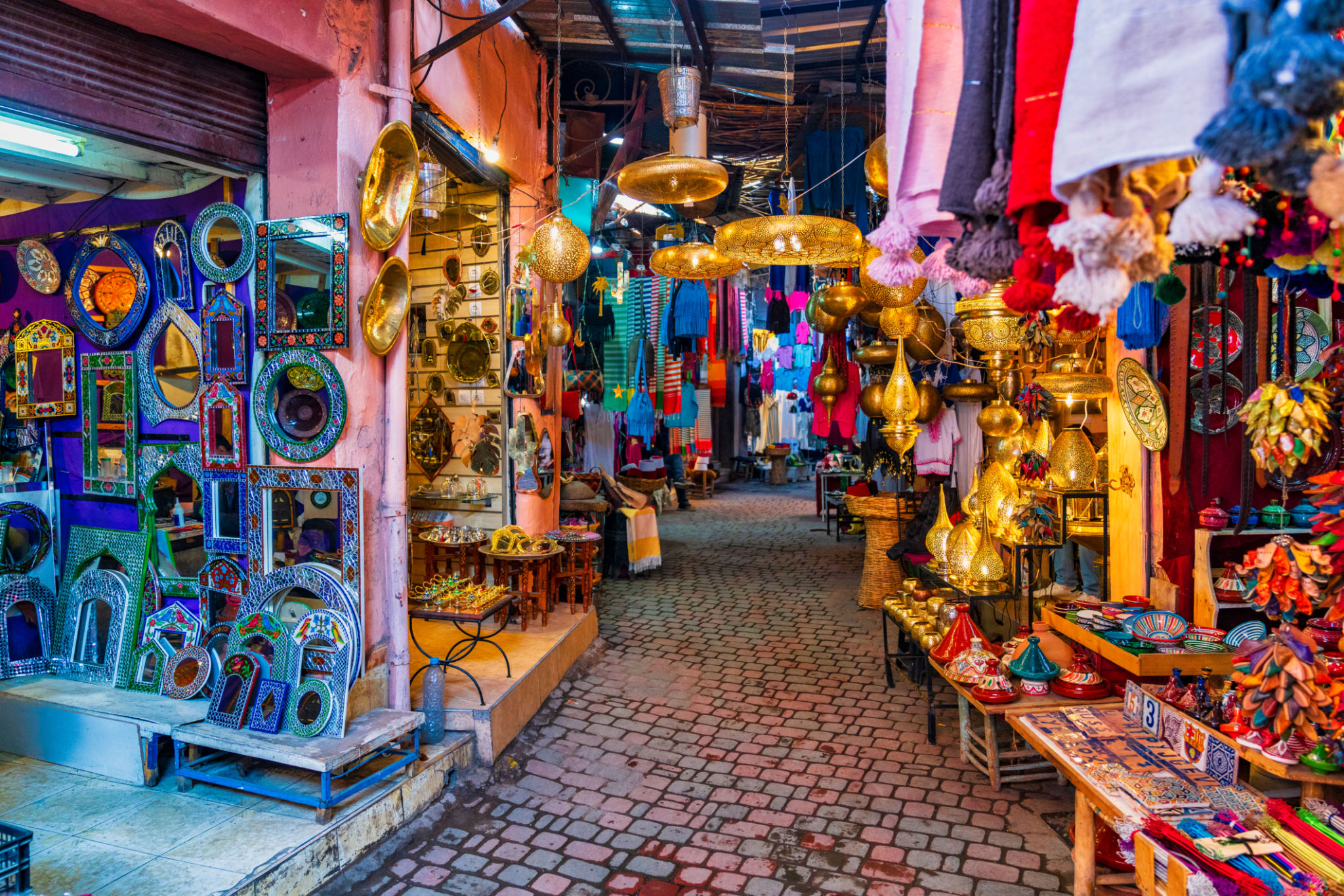Navigating Cultural Differences: A Guide for International Brands in Morocco
IB
Understanding the Cultural Landscape of Morocco
Morocco, a country rich in history and culture, presents both opportunities and challenges for international brands seeking to establish a presence. Understanding the cultural nuances and traditions is crucial for any brand looking to succeed in this vibrant market. The nation boasts a unique blend of Arab, Berber, and French influences, which shape its cultural identity and consumer behavior.
For businesses, recognizing these cultural elements is the first step towards building successful relationships with Moroccan consumers. A deep appreciation for the country's heritage can help brands tailor their products and marketing strategies to better resonate with local audiences.

Communication Styles and Language
In Morocco, language plays a significant role in communication. While Arabic is the official language, French is widely spoken, especially in business settings. Brands should consider using both languages in their marketing materials to reach a broader audience. Additionally, understanding the nuances of communication styles, such as indirect expressions and the importance of non-verbal cues, can enhance engagement with Moroccan consumers.
Building trust through respectful communication is essential. Moroccans value politeness and formality in business interactions, so maintaining a professional tone while being culturally sensitive can go a long way in establishing credibility.

Respecting Religious Practices
Islam is the predominant religion in Morocco and significantly influences daily life and business practices. Brands should be mindful of religious customs, such as prayer times and Ramadan, when planning marketing campaigns or scheduling meetings. Demonstrating respect for these practices not only shows cultural sensitivity but also builds goodwill among local consumers.
During Ramadan, for instance, business hours may vary, and fasting can affect consumer behavior. Adapting marketing strategies to align with this period can enhance brand perception and foster stronger connections with the audience.

Consumer Preferences and Behavior
Understanding consumer preferences is key to tailoring products and services that meet the needs of the Moroccan market. Moroccans tend to favor products that align with their cultural values, such as quality craftsmanship and traditional designs. Brands that incorporate local aesthetics into their offerings may find greater acceptance among consumers.
Additionally, Moroccans appreciate personal relationships with brands. Building loyalty through personalized customer service and community involvement can set international brands apart in this competitive market.
Adapting Marketing Strategies
For international brands, adapting marketing strategies to fit the Moroccan context is crucial. This involves not only translating content but also ensuring that marketing messages resonate with local values and traditions. Collaborating with local influencers or incorporating Moroccan elements into advertising campaigns can enhance relatability and appeal.

Moreover, social media is a powerful tool in Morocco, with platforms like Facebook and Instagram being widely used. Engaging with consumers through these channels provides an opportunity for brands to interact directly with their audience and receive valuable feedback.
Building Partnerships with Local Businesses
Forming partnerships with local businesses can be a strategic advantage for international brands entering the Moroccan market. Collaborations can offer insights into local consumer behavior, provide access to established distribution networks, and enhance brand credibility within the community.
Working closely with local partners also helps navigate regulatory requirements and business practices unique to Morocco, facilitating smoother market entry and expansion.

Conclusion
Navigating cultural differences is an essential aspect of successful international brand expansion into Morocco. By understanding the cultural landscape, respecting religious practices, and adapting marketing strategies to align with local preferences, brands can create meaningful connections with Moroccan consumers. Embracing these cultural insights not only enhances brand reputation but also opens doors to new opportunities in this dynamic market.